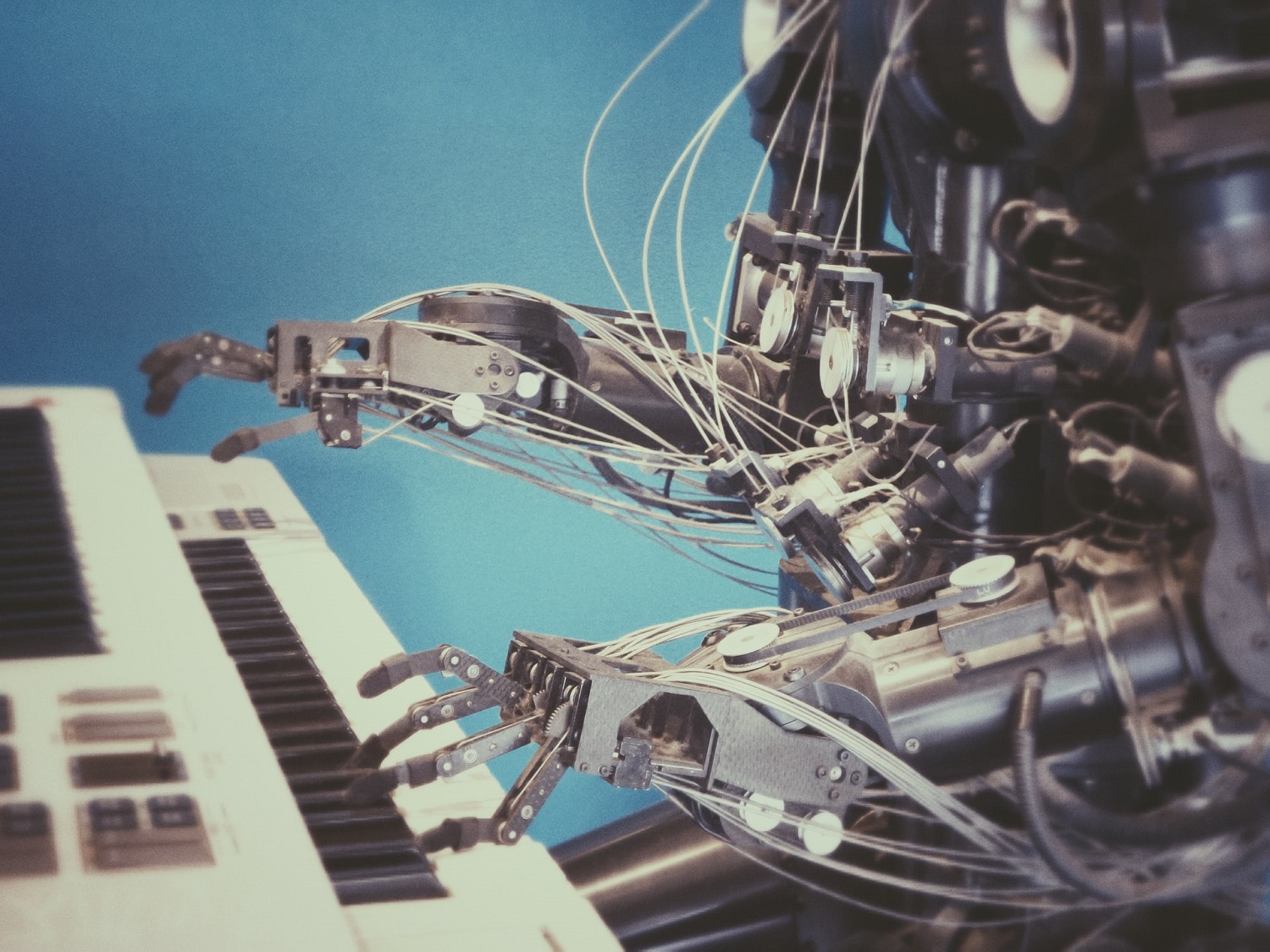
Based on insights from the Montreal AI Ethics Institute (MAIEI) staff and supplemented by workshop contributions from the AI Ethics community convened by MAIEI on July 5, 2020.
Intro
This document posits that, at best, a tenuous case can be made for providing AI exclusive IP over their “inventions”. Furthermore, IP protections for AI are unlikely to confer the benefit of ensuring regulatory compliance. Rather, IP protections for AI “inventors” present a host of negative externalities and obscures the fact that the genuine inventor, deserving of IP, is the human agent. This document will conclude by recommending strategies for WIPO to bring IP law into the 21st century, enabling it to productively account for AI “inventions”.
